French blockchain firms offer tracing for Swiss watches
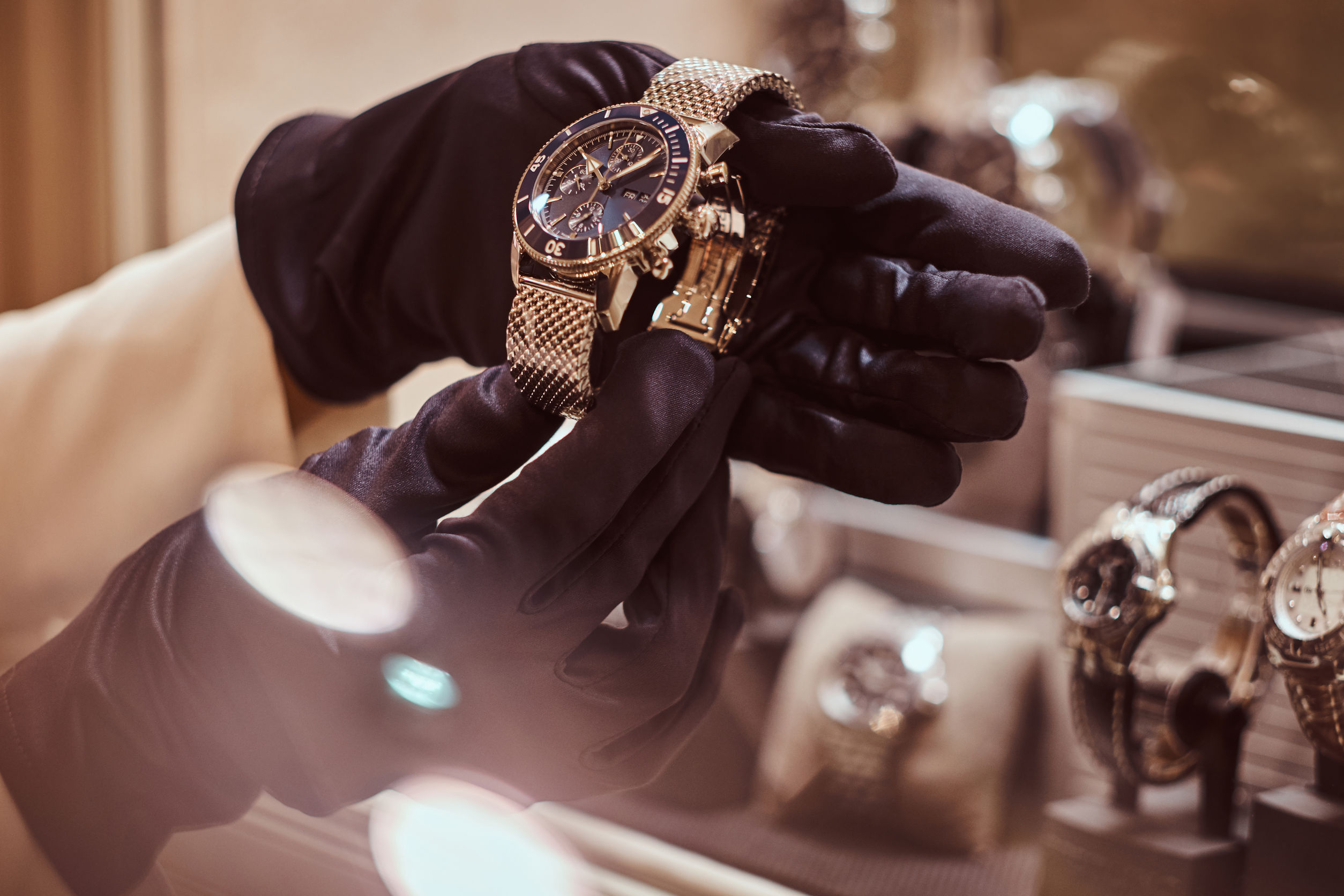
The market for second-hand luxury watches is booming. But for the average consumer, it is not easy to tell a fake from the genuine article and determine the real value of a particular timepiece. Certificates based on blockchain technology could provide more transparency.
Watch fans who want to get the new diving watch by Rolex had better be patient. The official resellers of the famous brand with the crown logo always give the same answer: launched this autumn, the latest version of the iconic timepiece will not be available in the shops for a few years yet.
There is already a long waiting list, and shortages are carefully managed, in accordance with the golden rule of luxury marketing: rarity increases desirability. Patek Philippe’s Nautilus model certainly holds the record for the watch in greatest demand ever: would-be customers need to wait 11 years in the hope of one day getting their hands on this holy grail of the watchmaker’s craft.
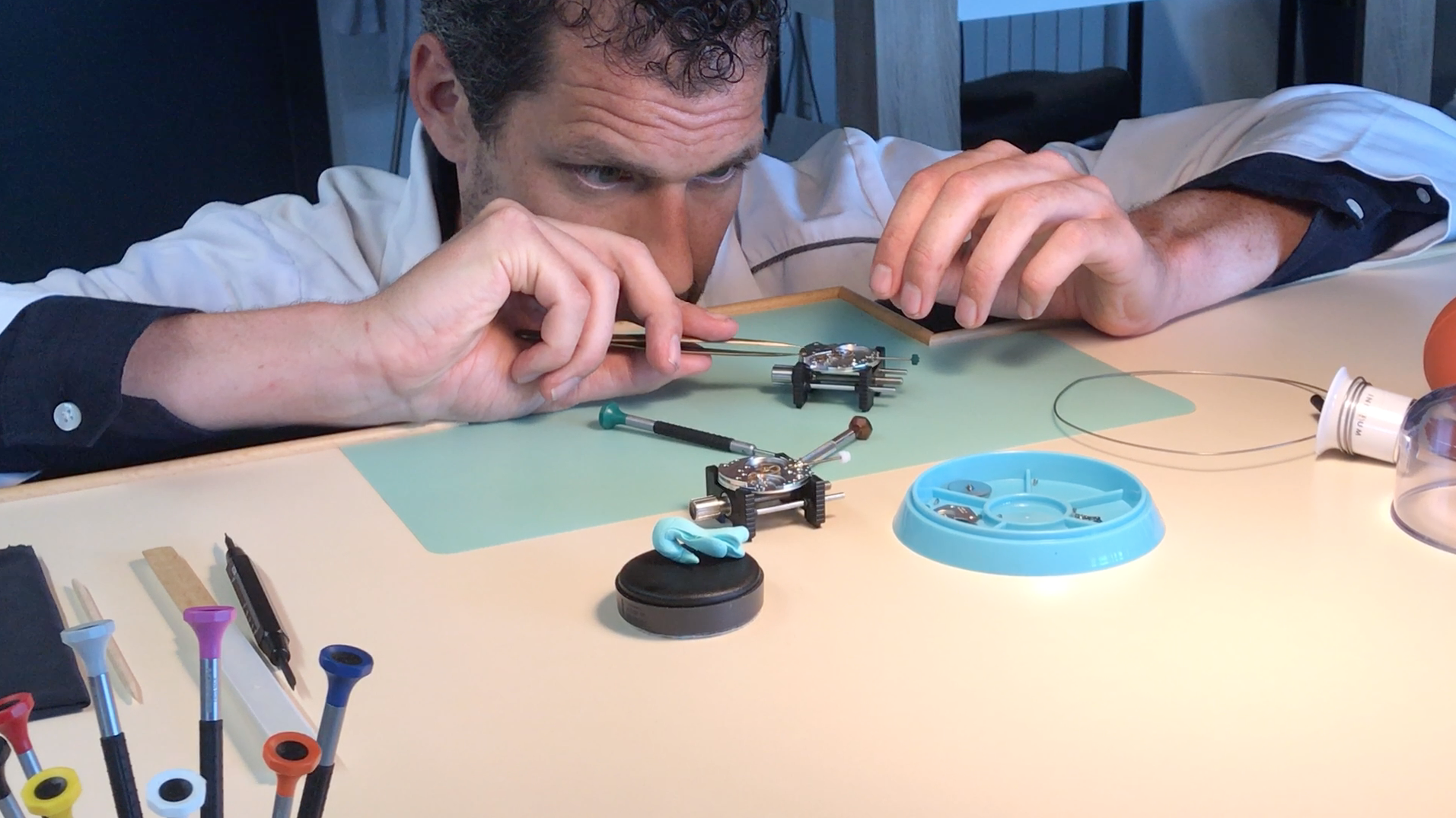
More
How I built my own Swiss watch – in a day
Consequently, the price of these collector’s items is climbing steeply on the second-hand luxury watches market, which is currently quite hot. According to a recent study by Boston Consulting Group, the world market for second-hand watches is currently worth CHF16 billion ($17.5 billion) and should enjoy an average annual growth of 8% between now and 2025. In comparison, total sales of new watches are estimated at CHF50 billion per year.
Security needs on the web
The study shows that most watch fans are open to buying a luxury product second-hand. However, they also have “clear expectations as regards purchasing security, convenience and service”. Given that there is a grey market out there where counterfeits and false claims abound, traceability is becoming a key feature in the strategy of the brands.
One solution could come from blockchain technology for the decentralised storage and transmission of information, which has been in vogue these past few years. “Blockchain means that you can issue a unique digital certificate, which cannot be counterfeited or duplicated, and it is ultra-secure for every watch. It’s the ultimate solution in the fight against fakes”, says Loys de La Soudière, co-founder of GoodsID.
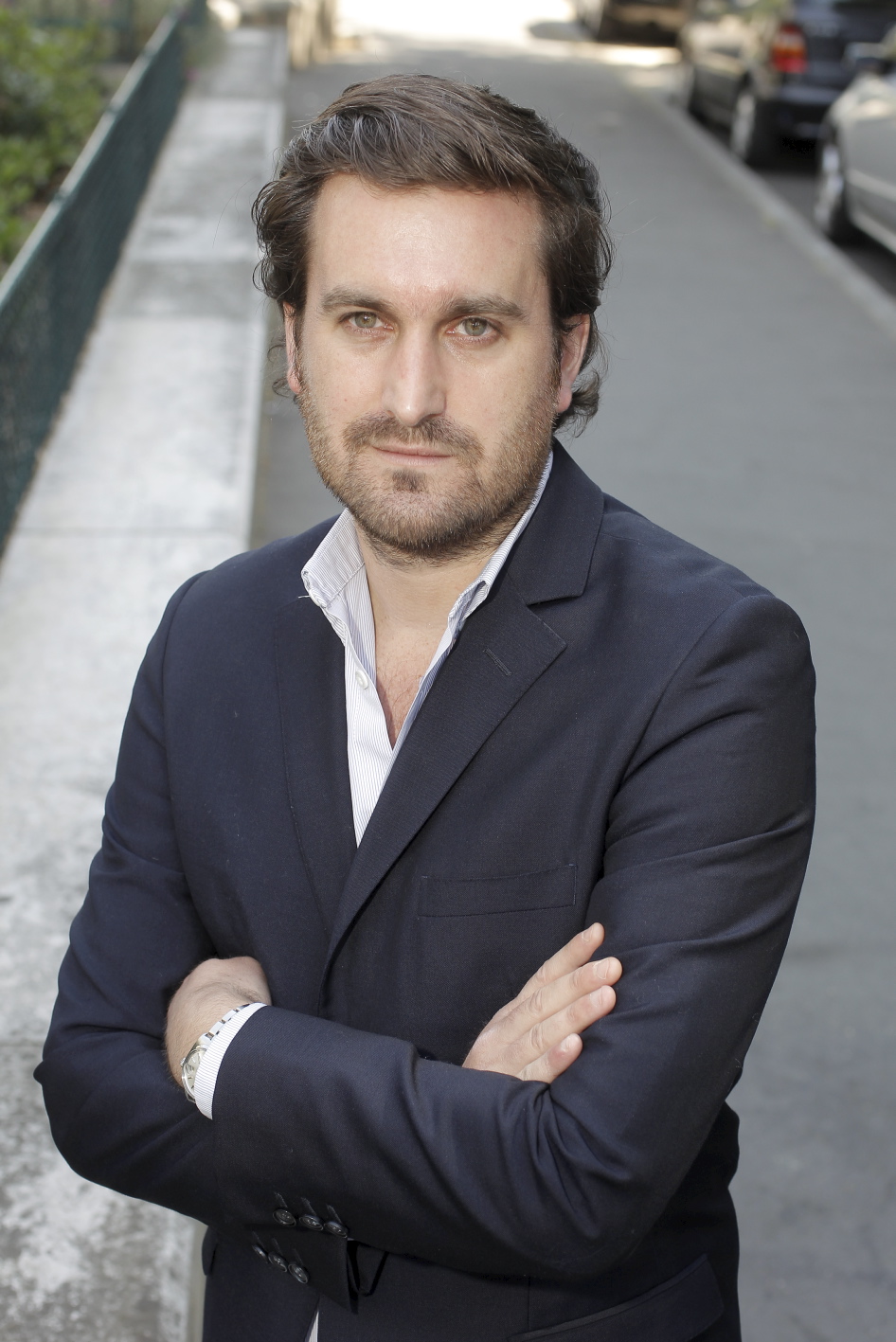
For the past three years this French start-up has been developing certificates of authenticity based on blockchain technology for the luxury industry. In 2018, GoodsID was able to secure investment funds of €1million from the private sector and the French Public Investment Bank (BPI) in order to carry out this development work.
Swiss watchmakers are a priority market for GoodsID. The start-up recently opened an office in Biel/Bienne, the watchmaking centre in canton Bern, to approach the main Swiss companies in the field. “We are holding advanced negotiations with two major brands, and we hope they will decide to go for our solution in the next few months,” says La Soudière.
Digital revolution
The increased popularity of online shopping, which has only been boosted by the coronavirus situation, is quickly changing ways of thinking in the watchmaking industry, which has the reputation of being conservative and not very open to “digital disruption”.
In mid-October, Breitling announced that it was going to issue an encrypted passport for each of its new watches, thus making obsolete the paper certificate of authenticity used up until now.
This watch brand, which specialises in aviators’ watches, decided to partner with Arianee, a French non-profit consortium which aims to set up an independent world standard for digital certification of high-priced goods.
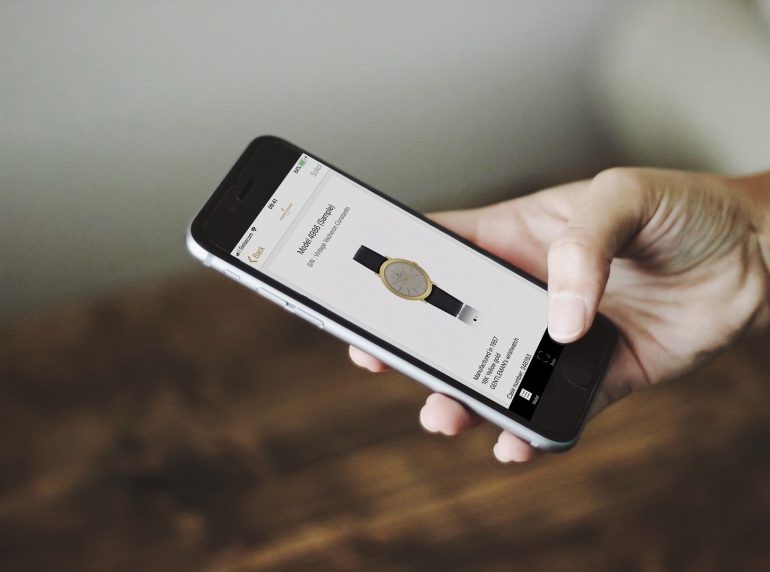
Advantages of blockchain
Apart from guaranteeing security and traceability, digital certificates using blockchain technology allow watch brands to take a very precisely targeted marketing approach. “When a sale takes place on the second-hand market, the watchmaker that made the product originally can send a notification to the new purchaser providing hints for maintenance or suggesting they explore the world of the brand in one of its retail outlets. So it can use the product as a communication tool”, says La Soudière.
With one click, the new owner of the watch can certify the ownership and authenticity of the item, which maximises its value on the second-hand market. Finally, the digital certificate simplifies claims on the guarantee, and can also be considered a kind of insurance against theft.
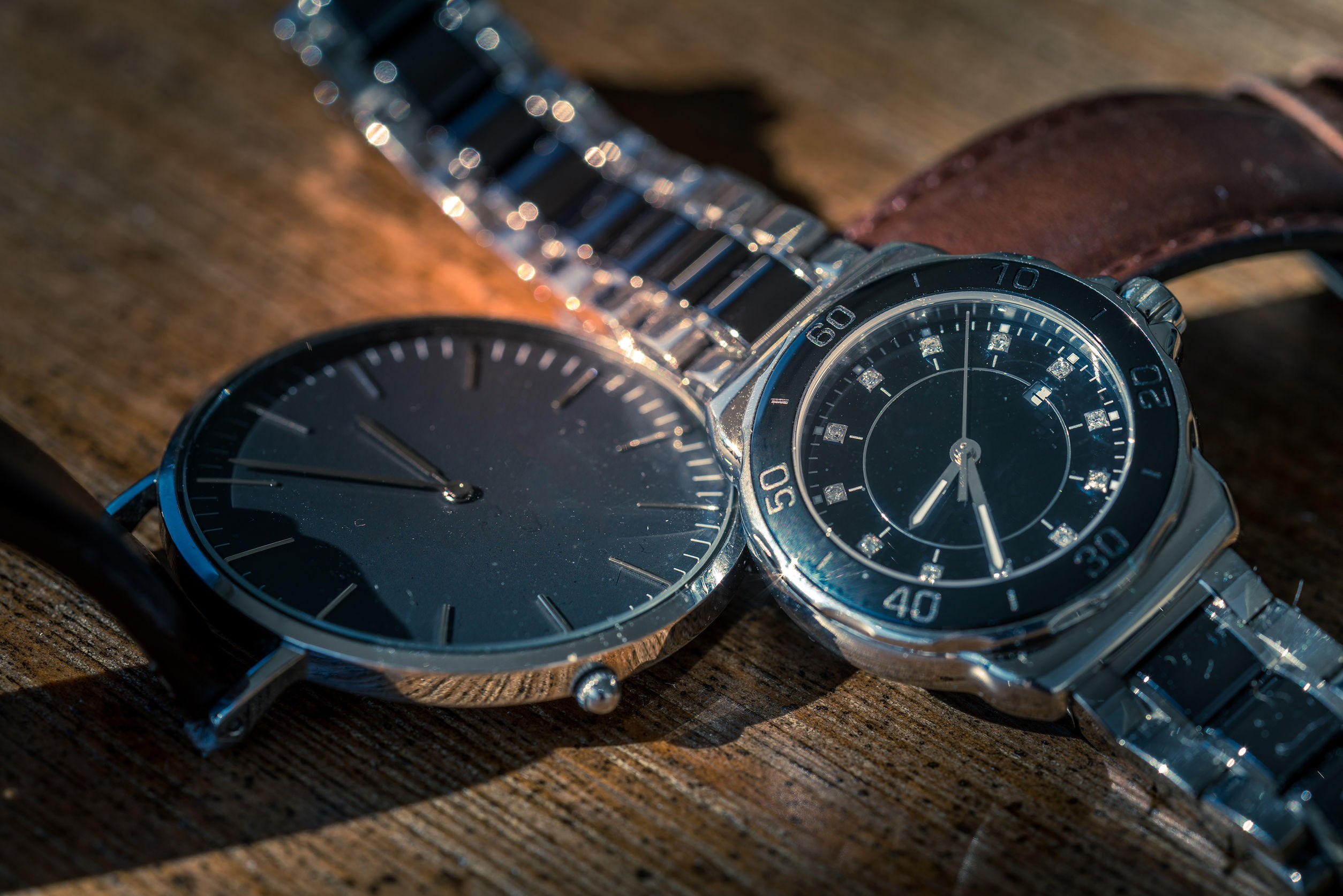
More
The new chic: pre-loved watches
All these advantages are prompting industry experts to say that blockchain technology may become routine in Swiss watchmaking. “The Swiss manufacturers are beginning to realise that it’s in their interest to be able to identify their products using modern technology. It’s a positive development”, says Michel Arnoux, who is head of the anti-counterfeit department of the Federation of the Swiss Watch Industry.
Fakes just keep coming
Several companies active in the field of digital certification have been courting the Federation in the hope that their solution might be adopted as a standard for the whole Swiss industry. “At the moment, this is a matter for each individual watch brand”, Arnoux points out, however. “There is no legal mechanism whereby one single standard could be imposed.”
All hopes should not be placed in blockchain technology, either, Arnoux adds. “Certification of authentic products is intended to reassure the customer. To think this technology would put an end to counterfeiting is an illusion”, he says. Most people buying fake Swiss watches are quite aware of what they are doing and have no interest in certification.
The counterfeit market just keeps growing, in marked contrast with the unprecedented slump being experienced by the Swiss watch industry. Seizures of fake watches by Swiss customs have increased 25% this year already, and at the present time, almost twice the number of fake watches are sold around the world as real ones, the Federation states.
Arnoux sums it up: “With all the lockdowns in different countries, consumers have had plenty of time to surf the internet looking for fakes that cost a lot less than original Swiss watches – which are often out of reach for the average buyer.”
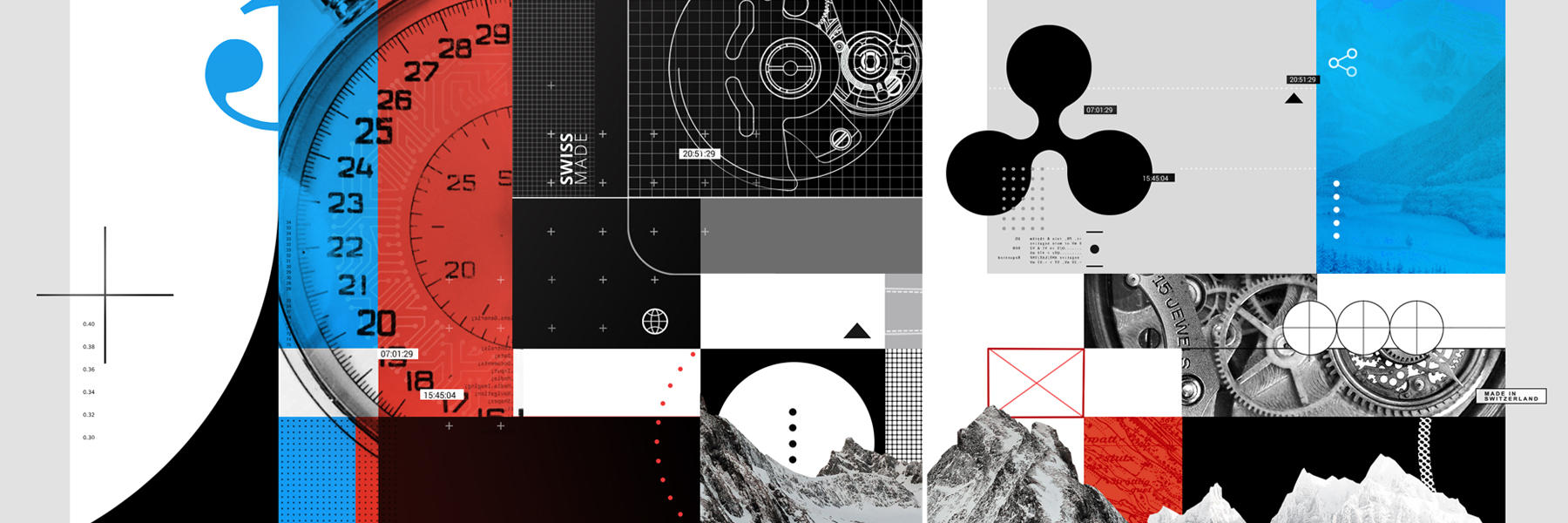
More
Can Swiss watchmakers survive another century of disruption?
Translated from French by Terence MacNamee
(Übertragung aus dem Französischen: Rita Emch)

In compliance with the JTI standards
More: SWI swissinfo.ch certified by the Journalism Trust Initiative
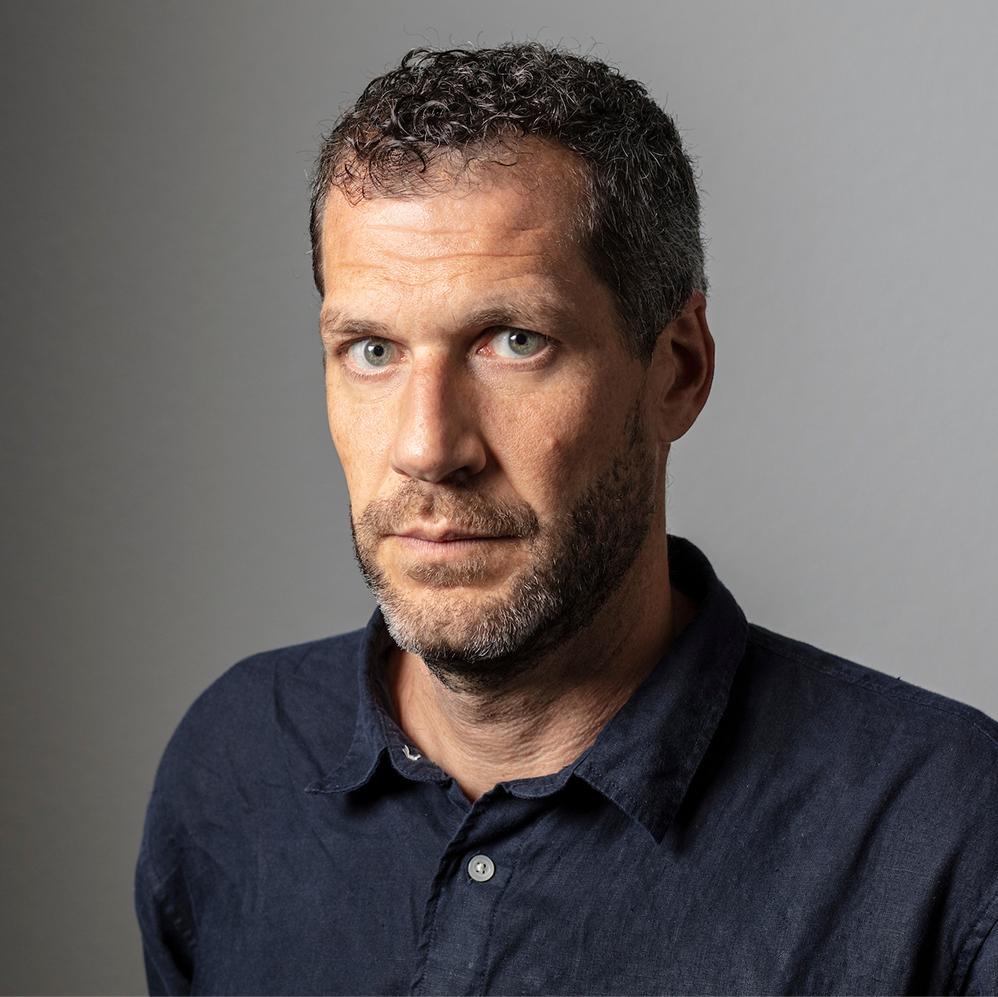
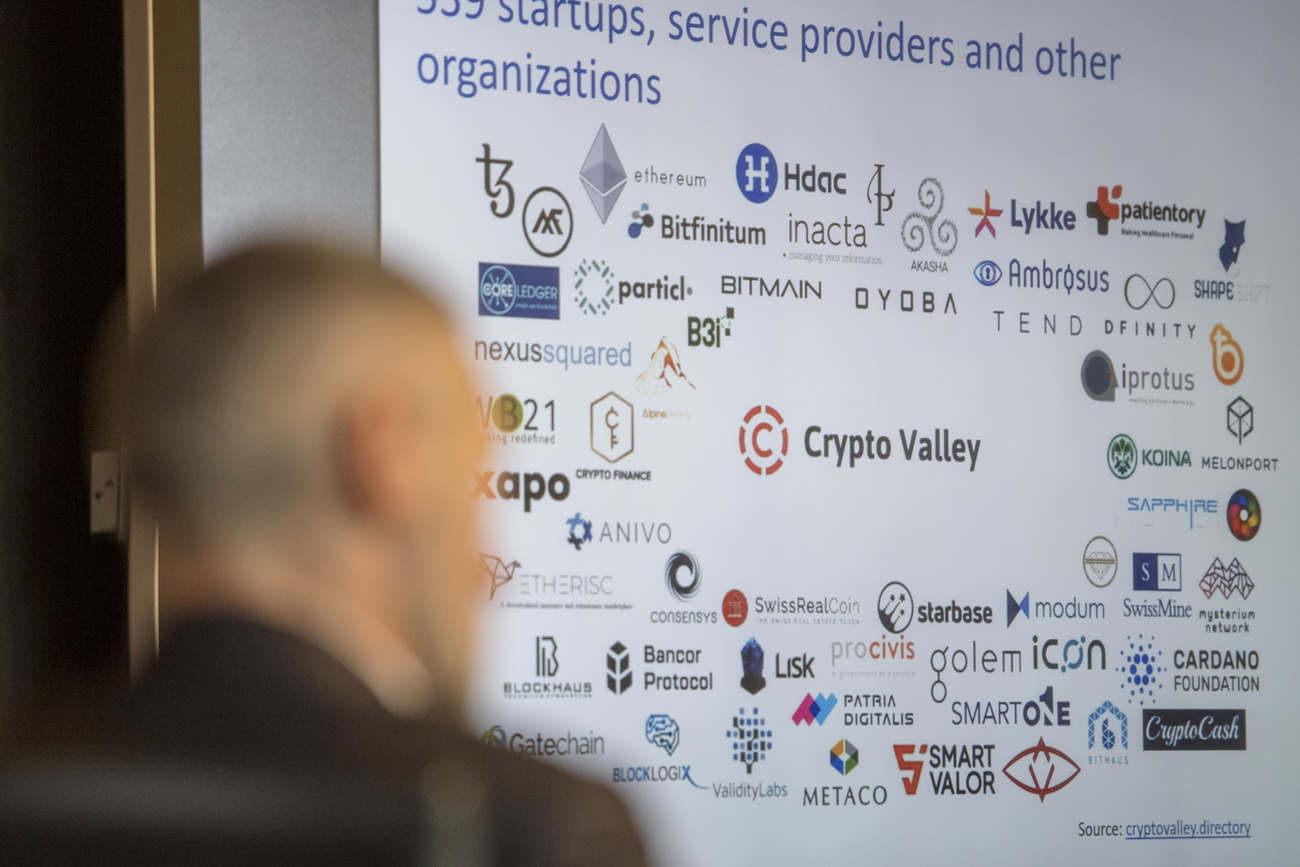
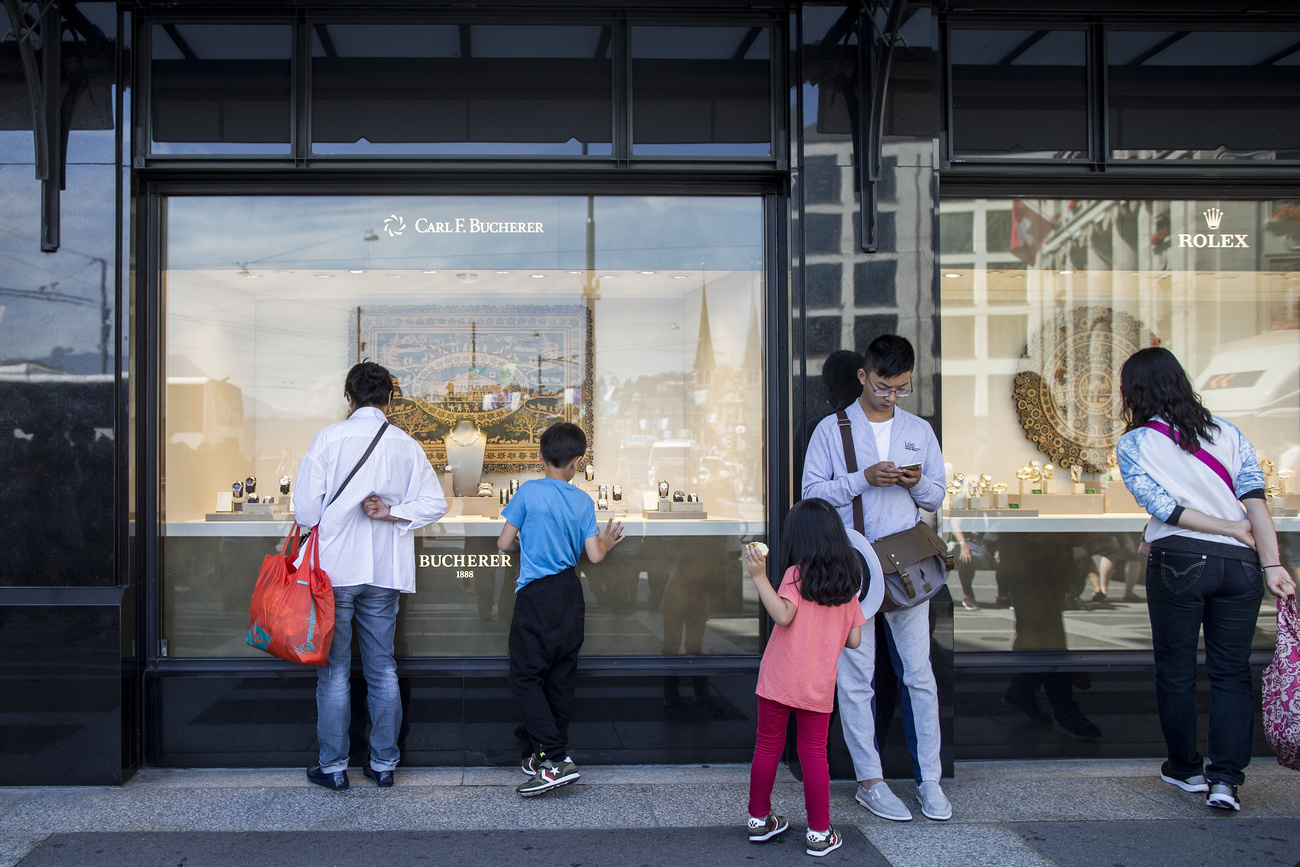
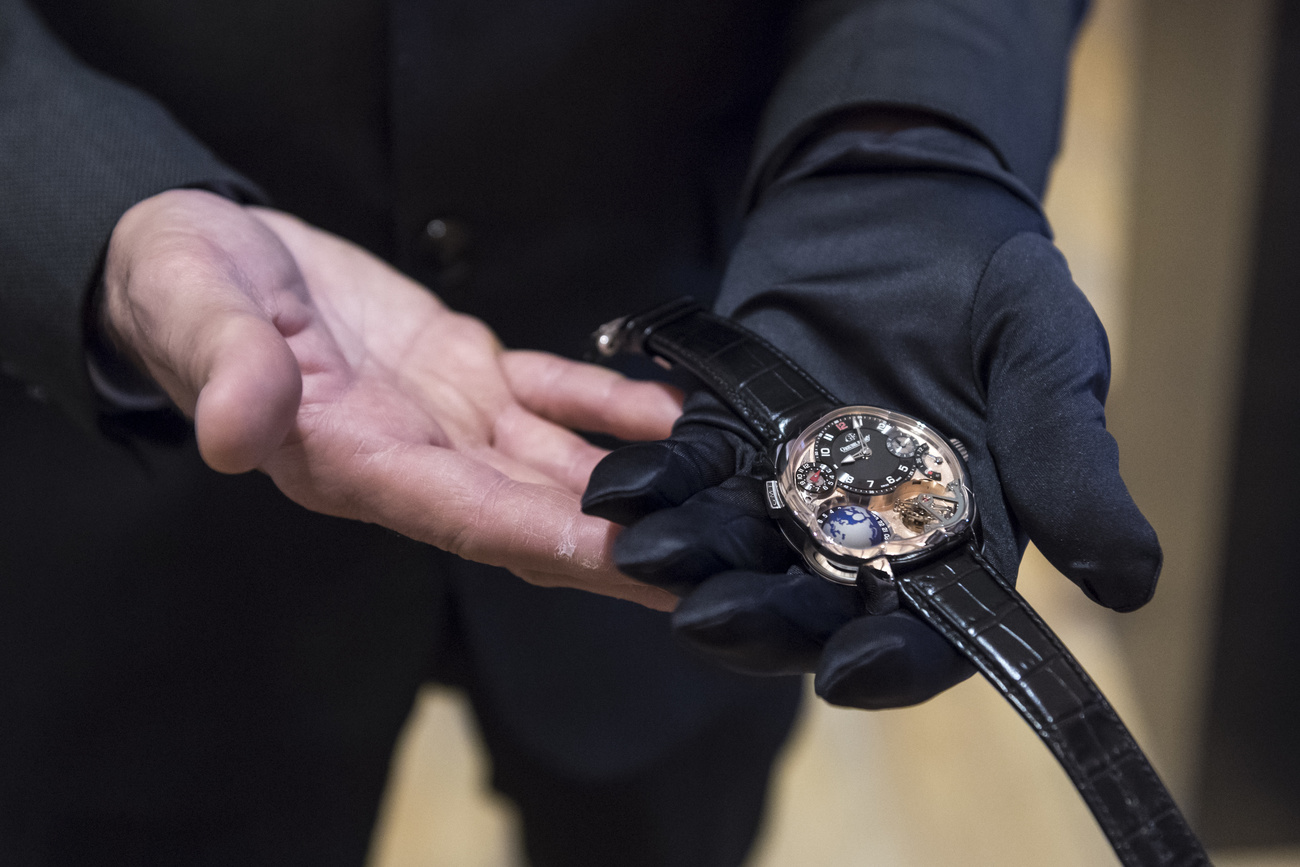
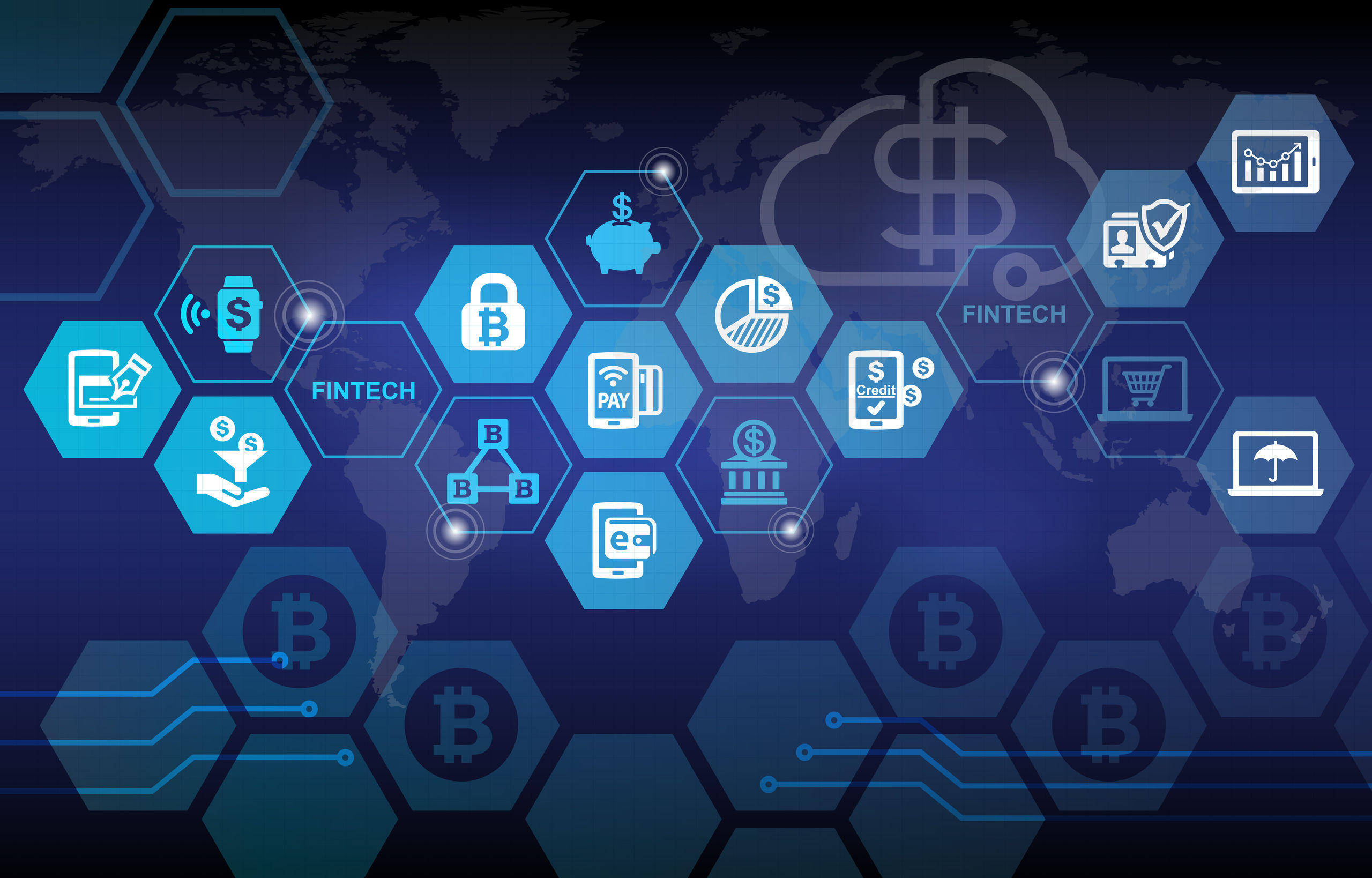
Join the conversation!